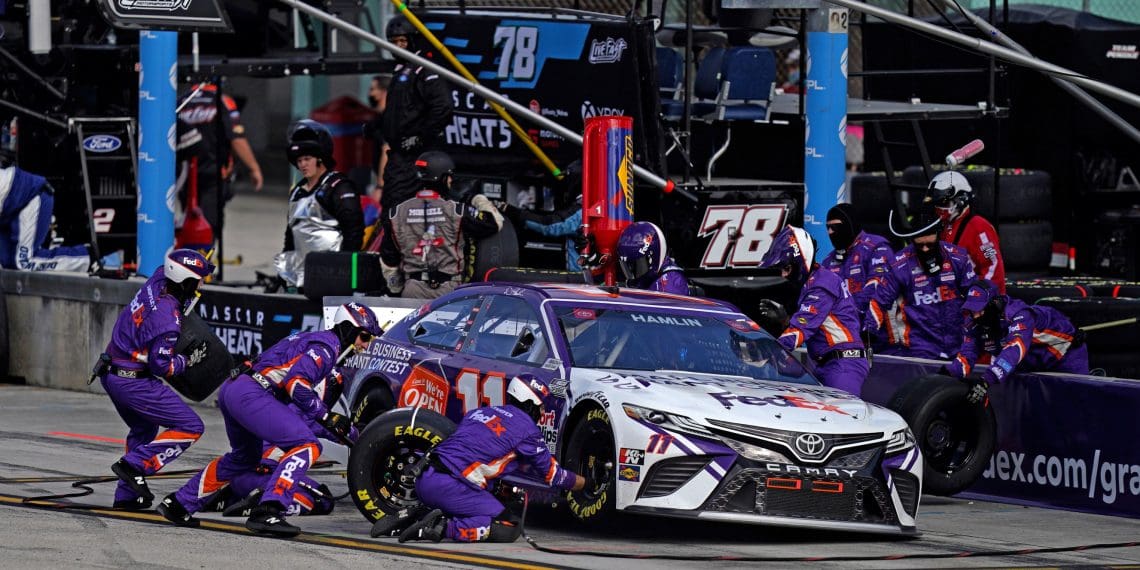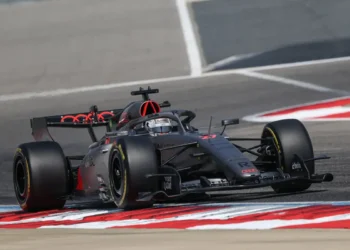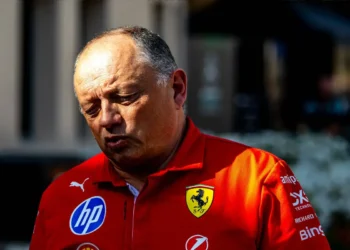The conclusion of the 2024 NASCAR Cup season has reignited debate over the controversial playoff format, with drivers, team owners, and fans questioning its fairness. Critics argue that the system too often rewards drivers who peak during the playoffs rather than those who demonstrate consistency throughout the regular season—a sentiment echoed by 2012 NASCAR Cup champion and RFK Racing co-owner Brad Keselowski.
“Consistency must matter more,” says Keselowski
Keselowski expressed frustration with the current format, where race wins during the playoffs can outweigh season-long dominance. Speaking candidly, he called for a shift in NASCAR’s points system to better reward regular-season performance.
“I have a hard time as a competitor and a fan of the sport, understanding how drivers with the most wins routinely don’t win championships,” Keselowski said. “The points format should reflect wins, with the final race as a tiebreaker. It feels wrong to see the best drivers all year missing out on the title.”
Keselowski’s comments come after a contentious championship outcome in which a driver who struggled during the regular season surged in the playoffs to claim the Bill France Cup, leaving more consistent performers empty-handed.
Hamlin joins the call for reform
Three-time Daytona 500 champion Denny Hamlin echoed Keselowski’s sentiments, urging NASCAR to make the regular season more valuable. Hamlin argued that recent champions have benefited disproportionately from the playoff structure, which places greater emphasis on wins during the final races.
“My message to NASCAR would be, ‘Make the regular season worth more,’” Hamlin said. “Over the last three years, you’d have to say the champion didn’t really have to do much in the regular season, and that’s not good for the sport.”
A growing chorus for change
Many in the NASCAR community, including team owners and drivers, have voiced similar concerns. They argue that the current system undermines the value of consistent performance over the grueling 36-race season, favoring drivers who can capitalize on the high-stakes playoff format.
Critics also contend that this approach dilutes the prestige of the championship, as it fails to consistently crown the season’s most dominant driver.
What’s next for NASCAR?
With increasing calls for reform, NASCAR may face mounting pressure to reevaluate its playoff system. Proposals like Keselowski’s, which would make race wins more influential while using the final race as a tiebreaker, could address these concerns while maintaining the excitement of the playoffs.
Hamlin’s suggestion to enhance the importance of the regular season could also restore balance, rewarding both consistent performance and clutch victories. As the sport looks ahead to 2025, it remains to be seen whether NASCAR will respond to these demands and implement changes to its championship format.
For now, the debate underscores a broader conversation about fairness, excitement, and the future direction of NASCAR, with fans and competitors alike eagerly watching for the next move.










